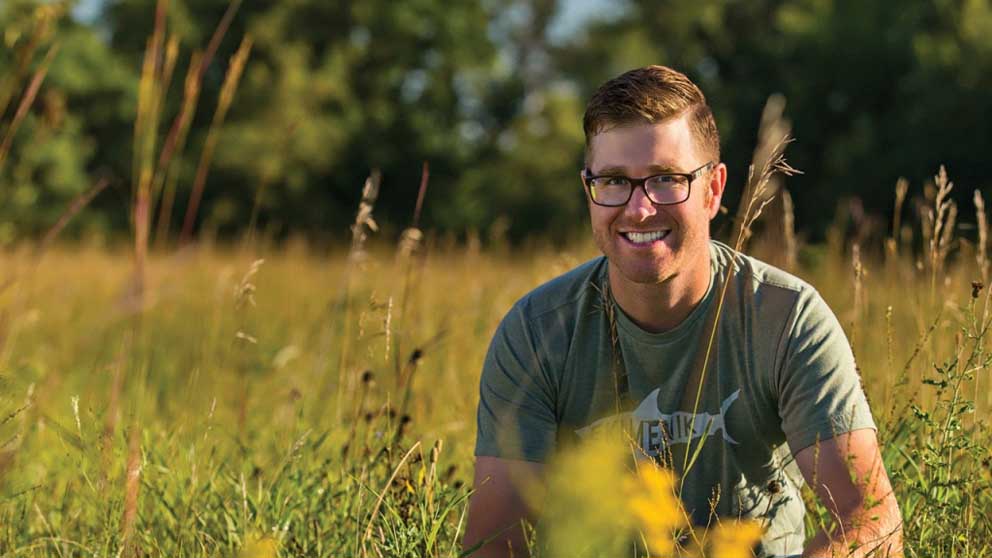Thinking of starting an off-farm gig? 6 questions to consider

Cedric MacLeod is a man of many hats.
In addition to operating Local Valley Beef, a grass-fed beef ranch in New Brunswick, he runs his consulting firm, MacLeod Agronomics, and heads up the Canadian Forage and Grassland Association as its executive director.
Thinking of starting an off-farm business? Estimate how much time you’ll need to devote to it. Then double it.
As an entrepreneur, he’s experienced the rewards and the challenges of starting and operating a business outside the farm.
Before venturing into entrepreneurship, MacLeod says there are six important questions farmers need to consider.
“A lot of work I do in the ag sector is working with entrepreneurs, and I’ve seen how business operators who don’t consider these questions find themselves in difficult conditions,” MacLeod says.
1. Should you continue farming if you need an off-farm job?
This is the essential first question to ask yourself, MacLeod says. It’s one he’s asked himself, too, since it took several years to make his farm self-sufficient.
Recognize what kind of farmer you are: if the farm isn’t profitable enough to be self-sufficient or to provide a salary, and you can’t see that happening anytime soon, then your farm may be more of a lifestyle choice than a business.
2. How much time do you have to invest in an off-farm business?
Sit down and write an estimate of the amount of time you’ll need to devote to a new, off-farm endeavour. And then double it.
MacLeod says we will often underestimate how long it takes to start a business and make a go of it.
He direct markets his beef to local customers. While other farmers have expressed to him an interest in doing the same, it’s important to realize, MacLeod tells them, that marketing and delivery take as much time as producing the beef.
3. What’s your motivation?
Is it business-based or emotional?
Remember that deciding to pursue a side gig doesn’t just affect you. Your farm could be on the line, too, and your actions will affect anybody relying on you and the farm for a livelihood, including your partner, spouse and kids.
“You’ve got to consider the impact of your decisions on those other stakeholders,” MacLeod says.
4. Do you have the cash flow necessary to sustain your business?
MacLeod sees many ideas fall into a heap, not because they weren’t good or didn’t have the potential to be profitable, but because the cash flow wasn’t adequate to sustain the start-up.
“We don’t tend to build delays into our thought process,” says MacLeod.
The general expectation is to deliver the product or service of the off-farm gig, invoice it, and then get paid. But can you cover your costs if you don’t get paid on time? What if your vendors won’t budge on payment deadlines?
5. Is a long-term wealth management strategy built into your business plan?
MacLeod says it’s not enough for your proposed business to pay you a salary. If projections don’t show enough profit to allow some retirement funds to be tucked away, you need to look for other opportunities.
6. Are you focused on your strengths?
If you have found a strength that aligns with an opportunity for an off-farm enterprise, concentrate on that strong suit, says MacLeod.
If your weakness is business management, have the courage to hire professionals to look after that side of your venture, he advises.
“Be the best. Hire the rest,” MacLeod states.

Scott Beaton didn’t come from the farm. But with help from friends and knack for diversification, he grew his small operation into a full-time farming career.
